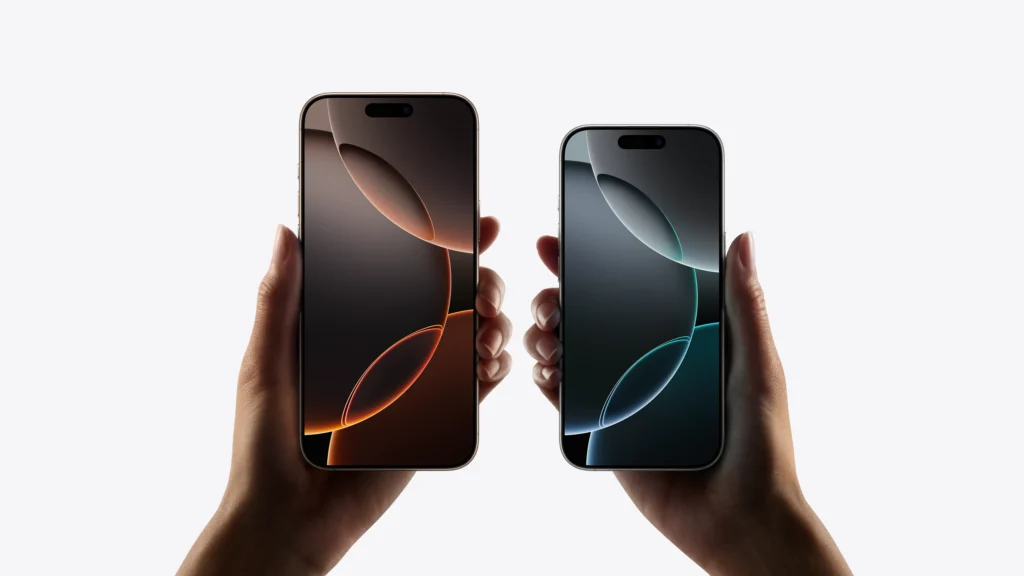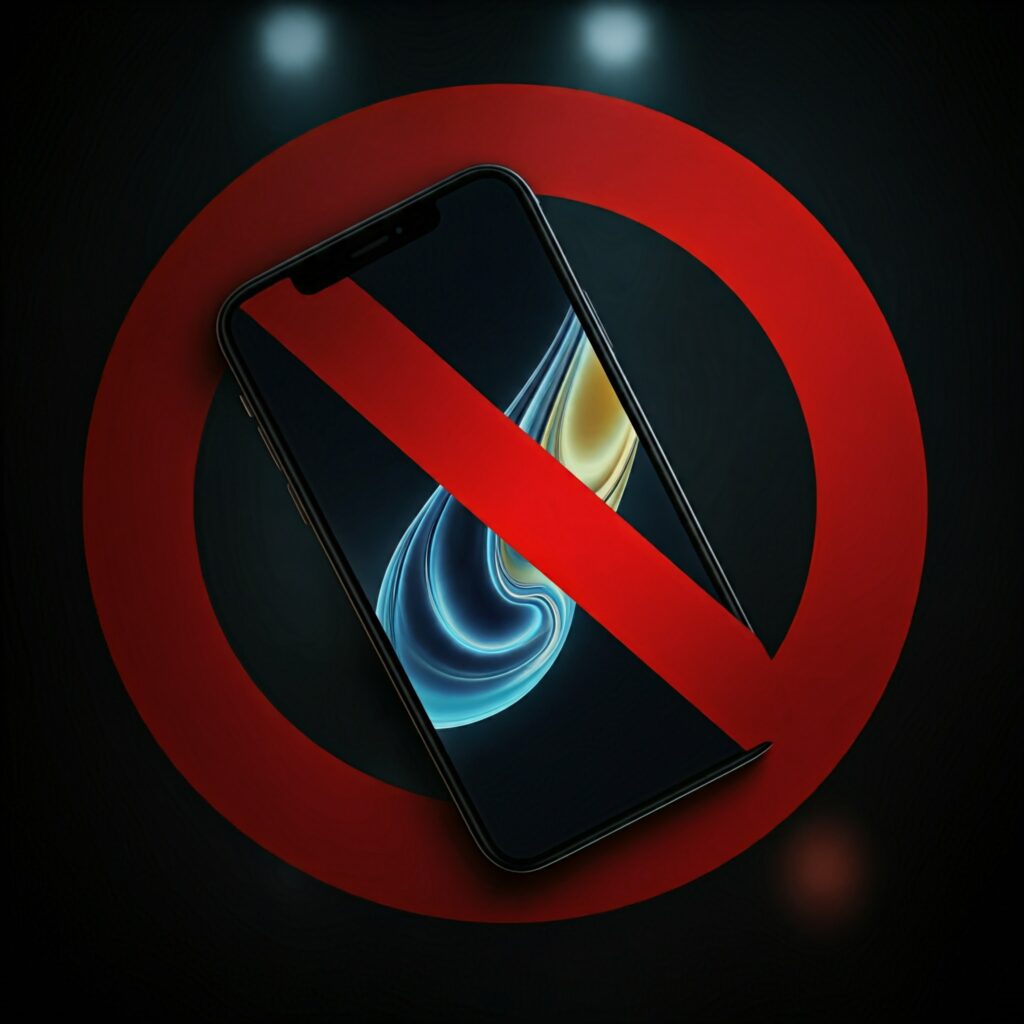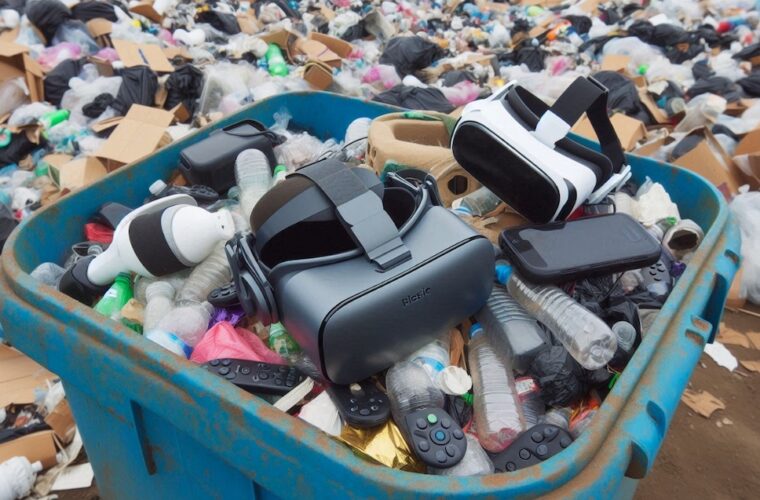An incredible but true story combining money and protection for local companies
The iPhone 16 is illegal in Indonesia. This is an unprecedented decision for a smartphone that has been on the market worldwide for over a month. According to the local government, Apple’s fault was failing to comply with agreements on investments in the country, thus ‘forcing’ the authorities to take the necessary measures. Total blockade and no sales of the four iPhone 16 models and the other devices launched in recent weeks by Apple, such as the Watch and iPad Mini. To understand how the case arose, we need to take a step back and consider the system set up by the Indonesian government to market the technology products of big companies.
The original Indonesian law
At the centre of the diatribe is the National Content Level, whose acronym is TDKN, according to which at least 35% of the components for the production of an electronic device must be Indonesian. Regardless of whether it is hardware, software or labour. Without the TKDN certificate, a product cannot be put on sale. To make the task easier for foreign companies, three possibilities exist to fulfil the TKDN requirement—the first concerns hardware, with the company being able to build factories or assemble devices in Indonesia. The second is software-based, with the company collaborating with local app developers. The third involves investment in the country and is the solution chosen by Apple, which has decided to invest in research and development through the Apple Developer Academy.
Other manufacturers, such as Oppo and Samsung, have preferred to build factories in various Indonesian cities or open retail shops. Tim Cook has in the past entertained the idea of setting up factories in Indonesia, but Apple has not moved in this direction so far. So far, iPhones, iPads, and Macs are imported into the country and sold through authorised partners, such as Digimap and iBox Indonesia.
Failed promises, no iPhone
Compared to the pacts established with the Indonesian government, Apple has invested 1.48 trillion rupiah against commitments amounting to 1.71 million rupiah. Due to this shortcoming, therefore, Indonesian Industry Minister Agus Gumiwang Kartasasmita has put the glass on the sale of iPhone 16. Technically, the altercation would seem to boil down to a simple matter of money; however, behind the appearance of TKDN, there is also an attempt to boost the local economy by creating new jobs or favouring specific figures linked to the tech market, depending on the choices made by foreign companies wishing to market their products in Indonesia.
The consequence is that no iPhone 16 will be available in the country until Apple finds a way to solve the problem. For the avoidance of doubt, Gumiwang himself said that foreigners entering Indonesia can keep their iPhone 16 as long as it is used for personal purposes. Each person can only bring in a maximum of two and, most importantly, cannot sell it. So much so that the Minister has urged compatriots not to buy iPhone 16s abroad and to report those who have them to the authorities.


Knot for Apple to solve
The sales ban is a blow to Apple, which has not commented on the Indonesian government’s decision so far. Indonesia is the most prosperous economy in South East Asia and the fourth largest in the world in terms of population, with 280 million inhabitants with an average age of 30. Details outline an ideal market for the sale of smartphones and other hi-tech products, especially considering the interest of Indonesians in smartphones (there are more than 350 million active ones). Numbers that are tempting for Apple, which is interested in increasing its appeal in a market where the average household’s disposable income is growing.
To succeed, the Cupertino company will have to comply with the rules imposed by the government, which is very careful to protect local companies. The reason for this was the ban on the import of laptops and tyres in order to encourage local production, as well as the block on online purchases, the low prices of which were unsustainable for local small and medium-sized businesses. However, The future could write new pages as the new Indonesian president, Prabowo Subianto, promised to reopen the doors to foreign investment. An opportunity that Apple cannot afford to miss.



